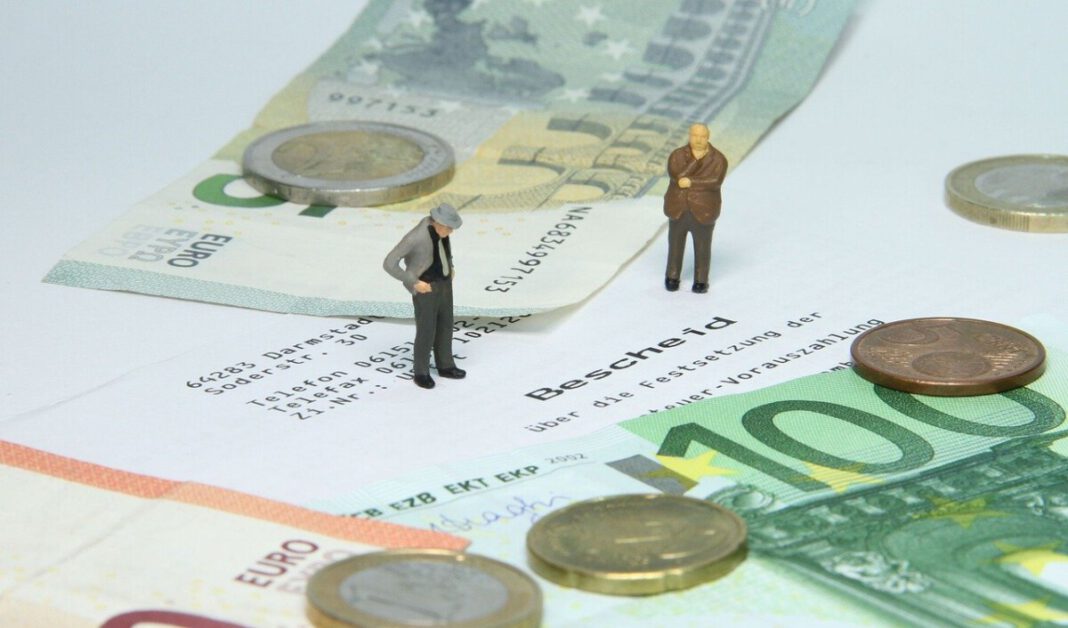Yesterday’s Prinsjesdag revealed the budget for 2020, complete with some significant tax changes, reports RTL Nieuws.
There’s a reduction on income tax, a new CO2 tax, and huge savings for young people buying a house — but what will affect you? We’ve got a roundup below.
Income tax is reduced
The tax rate in the first bracket of income tax is going to drop slightly, a measure that will affect everyone. Paying tax on a smaller part of our income? Yes, please.
Starters won’t pay income tax when buying a house
If you’re aged between 18 and 35 and considering buying a home in the Netherlands for the first time, congratulations — you can save a pretty pack of cash. While everyone else is subject to a 2% transfer tax, you can throw that money in a bathtub and laugh gleefully. Or, you know, update your bathroom. This is a pretty sweet deal — on a €300,000 property, you’ll save €6000!
However, if you’re an investor, bad news. From 2021 you’ll pay more transfer tax — a whopping 8%.
Your hard-earned savings will cost you less money (to an extent)
When I arrived here from Australia I was shocked to find out that
- interest rates on savings are ridiculously low (and in some cases, you’ll pay the bank to store your money)
- The government will also charge you a “wealth tax” on the savings sitting in your bank account (above a certain amount) — even if you don’t earn money on it.
Thankfully, the burden of #2 is going to be reduced slightly in the new year. While you were previously taxed on any amount you had saved higher than €30,846, now that number has been raised to €50,000.
There is a slight caveat to this saving — the tax rate for amounts above €50,000 has now been changed from 30% up to 31% on the assumed return.
Self-employed people will lose their tax breaks faster
Self-employed people currently enjoy a break on income tax if they meet certain conditions (zelfstandigenaftrek). However, a plan to lower that tax break has been accelerated. Currently, the tax break is €7030, but it will be lowered by €360 per year until 2032.
However, the cabinet defends its decision, arguing that the cost should be offset by the changes in income tax credits.
Small business get a tax reduction
Got a small business? You’re a winner in this year’s budget, with corporate tax for small businesses dropping from 16.5% to 15%.
Meanwhile, large companies will be disappointed after a planned tax reduction was thrown out the door — they’re stuck paying 25% for the next year.
CO2 tax introduced
Starters, individuals, and small businesses aren’t the only winners in this year’s budget: the environment is also feeling a little bit happier. Dutch companies will start to pay a CO2 tax — but because of the coronavirus, they’ll pay a little less to begin with.
When the rate does rise, they’ll start paying €30 per ton of CO2 that they create, with that number increasing to €125 in 2030.
Are you in favour of the changes introduced at Prinsjesdag? What do you think is missing? Tell us your opinion in the comments below.
READ NEXT: 10 Things to know about taxes in the Netherlands as an expat
Feature Image: Wilfried Pohnke/Pixabay


